Marie Dessard
How cholesterol and phospholipids fine tune T cell early mechanosensitivity?
Team: Yannick Hamon (CIML) - Pierre Henri Puech (LAI)
Her background
October 2022 - present | CENTURI PhD student
2021 - 2022 | Master in Biological Systems and Physical Concept - Université de Paris (France)
2020 - 2022 | Md-PhD Programme - INSERM (France)
2019 - 2022 | Md-PhD Programme & Master in Mathematics, Physics, Biology and Chemistery - Paris Descartes University (France)
Contact
About her PhD project
It is crucial for fundamental, but also applied, reasons to identify physiological regulators of the adaptive immune response. In our work, we focus on the initiation and propagation of the initial antigenic signal in naïve T lymphocytes. How T cells translate rare, diverse, medium affine antigenic signals into a strong, specific and nearly instantaneous response is still imperfectly understood. We have shown that T Cell Receptor (TCR) triggering is intimately dependent on the lipid organization of the plasma membrane [Chouaki et al. 2018 see references] and others described that TCR acts as a mechanosensor molecule [Kim et al. 2009] making T cells sensitive to the magnitude as well as the kinetics of force application. Our hypothesis for the present project is that the lipid and cholesterol transporters, ABCA1 and ABCG1 are instrumental in regulating the initiation of the adaptive immune response at the T cell level [Wu et al. 2020]. To decipher this particular point, we propose to investigate in depth the phenotype of conditional KO mice defective for ABCA1/G1 in T cells (DKO T cells), focusing on the changes of membrane lateral organization, mechanics and its mechanotransduction properties of the TCR upon T cell contacts with B cells acting as antigen presenting cells. We will start from our recent observation of early mechanical changes occurring prior to intracellular signaling [Zak et al., 2021]







